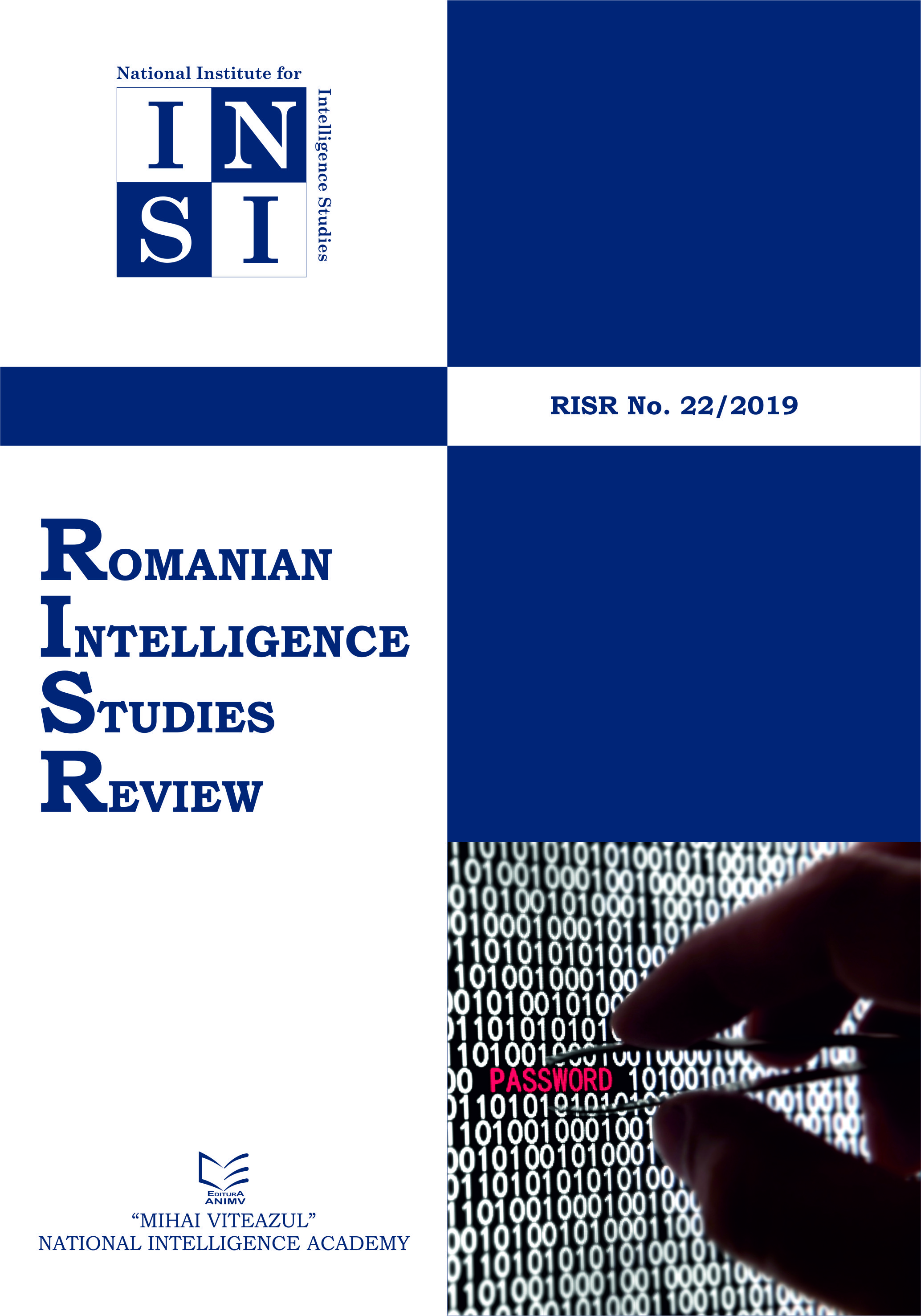Hate speech, discrimination, polarizing events. Managing public reporting and responsible communication in case of security threats
Hate speech, discrimination, polarizing events. Managing public reporting and responsible communication in case of security threats
Author(s): Ileana-Cinziana SurduSubject(s): Social Sciences, Media studies, Communication studies, Sociology, Studies in violence and power
Published by: National Institute for Intelligence Studies
Keywords: hate speech; discrimination; polarization; and communication; public reporting;
Summary/Abstract: The internet may be seen, through the social networks, as a „public sphere”, which invites to a democratic discourse. On the other hand, the internet can also be seen as a support of the echo chambers, which create an environment for reinforcing certain beliefs and discrimination, and for creating hate speech, which can lead to polarization.The culture of communication is highly influenced by the impact of the social networks, determining an increasing pluralism and a certain level of unethical dissemination of information, in the absence of critical analysis. Sensitive aspects, like security threats, impose a special approach, so they would not have a very negative impact over the public. The generalization of these type of topics may lead to panic, fear, polarization, discrimination, and even violent attitude and behaviour.The professionals who can prevent or soften the negative reactions of the public are the first liners in the field of communication and journalism, like institutional spokespersons and journalists in the field of security and law enforcement. Thus, these communicators bear the responsibility of delivering accurate data and information, in an ethical manner. These are only two of the requirements in relation to their audience. Other skills, competences and knowledge are also a must, such as the ability to think critically, develop responsible reactions, or the literacy in negative phenomena and actions that may lead to violent behaviour.The present study is a theoretical approach which aims at contributing to the understanding of the factors that may determine the elaboration of media messages and articles in an accountable manner, when reporting on security threats or sensitive issues for the public. The analysis represents a contribution to the first steps towards the literacy of both the communicators and the audience in the field of hate speech, polarization, discrimination and other related phenomena and actions. Each type of phenomenon is analysed through comparative definitions and characteristics of manifestation, followed by the analysis of the human rights perspective in dealing with it, the analysis of the legal framework at European level, possible counteraction approaches, main challenges and lessons learnt when addressing discrimination, hate speech and polarization.
Journal: Romanian Intelligence Studies Review
- Issue Year: 2019
- Issue No: 22
- Page Range: 155-188
- Page Count: 27
- Language: English

